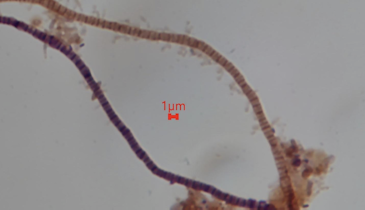Farmers, the Oneida Nation and many other partners have joined NEW Water in a project to help NEW Water in Green Bay meet new phosphorus limits from the Wisconsin Department of Natural Resources.
Instead of investing millions in facility upgrades to meet effluent phosphorus...







